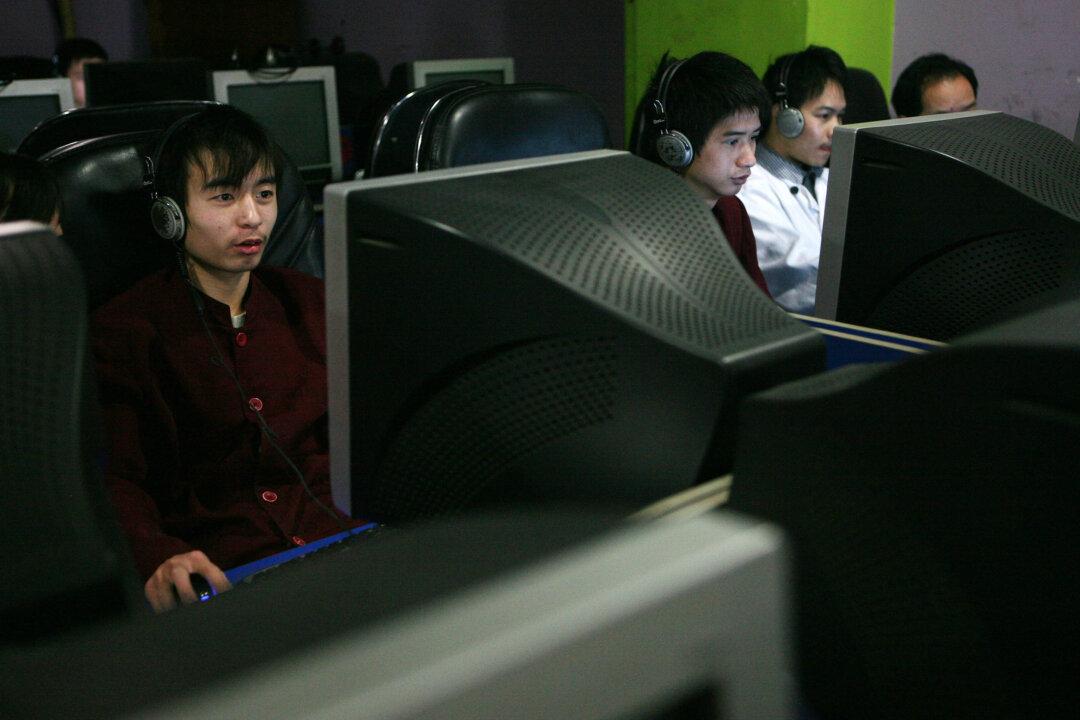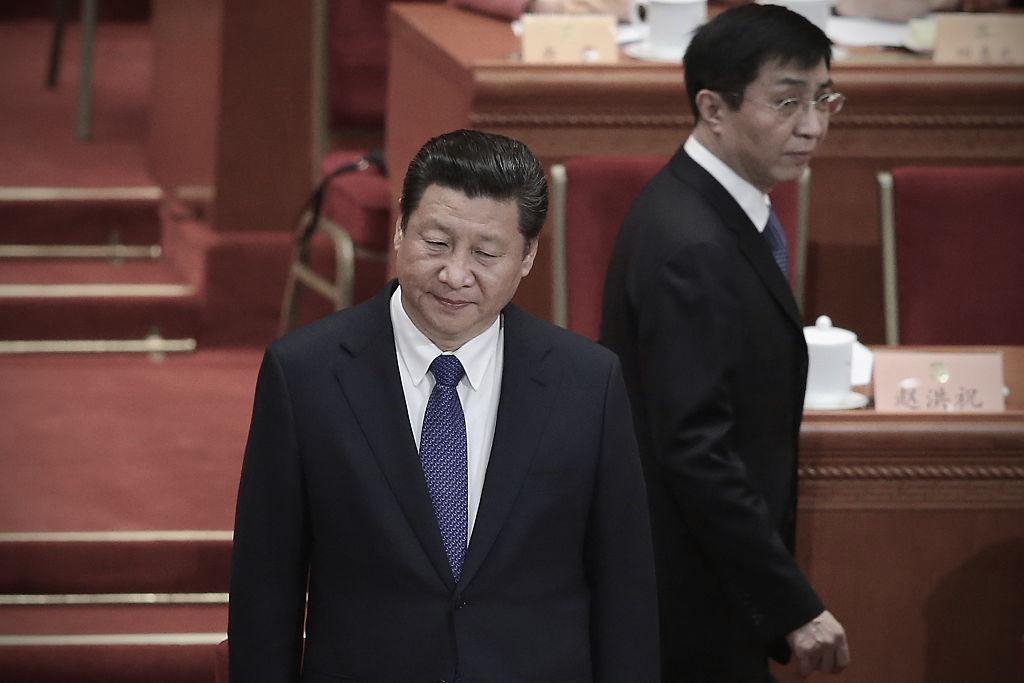In communist countries, humor has been a weapon wielded by ordinary people to tell the truth in an environment filled with lies and to snatch some wry enjoyment, and even a measure of revenge, from ridiculing their masters.
When President Donald Trump responded with major new tariffs after Beijing backed out of a trade deal, netizens were ready to mock them in Chinese in posts that appeared on social media outside China, which those inside China can reach using special software.




